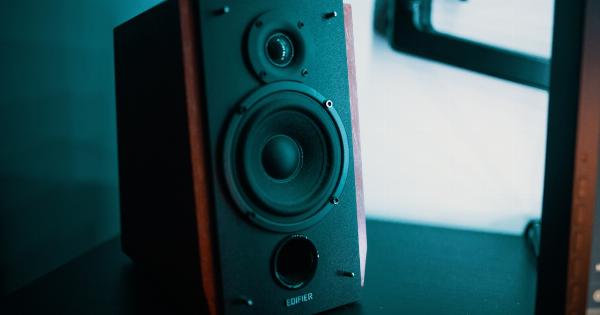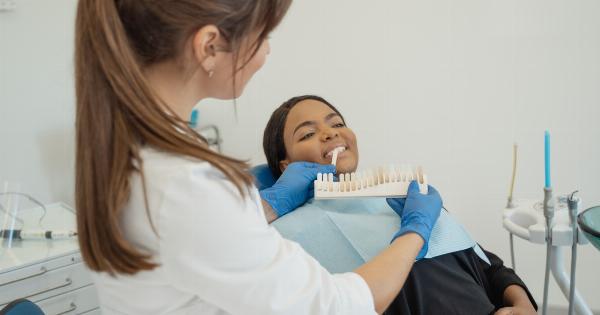Pharyngitis and laryngitis are both painful and uncomfortable conditions that affect the throat. Pharyngitis is an inflammation of the pharynx, which is the part of the throat that extends from the back of the mouth to the esophagus.
Laryngitis is an inflammation of the larynx, which is the voice box located below the pharynx. Both conditions have similar symptoms and can be caused by the same viruses or bacteria.
Symptoms of Pharyngitis and Laryngitis
The symptoms of pharyngitis and laryngitis can be similar and often include:.
- Sore throat
- Hoarseness
- Dry cough
- Fever
- Fatigue
- Difficulty swallowing
- Swollen lymph nodes in the neck
In some cases, the symptoms may be severe enough to affect your ability to talk or eat.
Causes of Pharyngitis and Laryngitis
Pharyngitis and laryngitis can be caused by a variety of factors, but the most common cause is a viral infection. In some cases, they can also be caused by a bacterial infection.
Other factors that can contribute to the development of these conditions include:.
- Acid reflux
- Allergies
- Excessive smoking or alcohol consumption
- Exposure to irritants, such as pollution or chemicals
- Overuse of the voice
Home Remedies for Pharyngitis and Laryngitis
While there is no cure for pharyngitis or laryngitis, there are several home remedies you can try to alleviate the symptoms. These remedies include:.
- Stay hydrated: Drinking plenty of fluids, such as water or tea, can help soothe a sore throat and keep the throat moist.
- Gargle salt water: Mix half a teaspoon of salt in a glass of warm water and use it to gargle several times a day to help reduce swelling and relieve pain.
- Suck on lozenges or hard candy: These can help soothe a sore throat by increasing saliva production.
- Use a humidifier: Adding moisture to the air can help reduce throat irritation and relieve coughing.
- Rest your voice: Avoid excessive talking or shouting and give your vocal cords a break.
- Elevate your head: Sleeping with your head elevated can help prevent postnasal drip and reduce coughing.
- Avoid irritants: Avoid smoking, drinking alcohol, or exposure to chemicals that can irritate your throat.
Medical Treatment for Pharyngitis and Laryngitis
In most cases, pharyngitis and laryngitis will resolve on their own within a few days. However, if the symptoms persist or become severe, you should seek medical attention.
Your doctor may prescribe antibiotics if your condition is caused by a bacterial infection or recommend over-the-counter pain relievers to help ease the discomfort.
Prevention for Pharyngitis and Laryngitis
Prevention is always better than cure. Here are ways you can prevent pharyngitis and laryngitis:.
- Wash your hands frequently, especially during cold and flu season.
- Avoid sharing food, utensils, or drinks with others.
- Avoid close contact with people who are sick.
- Avoid excessive smoking or alcohol consumption.
- Avoid exposure to irritants, such as pollution or chemicals.
Conclusion
Pharyngitis and laryngitis are both common conditions that can cause discomfort and affect your daily routine. Most of the time, they can be treated with home remedies and resolve within a few days.
However, if the symptoms persist or become severe, you should seek medical attention to prevent complications. To prevent these conditions, practice good hygiene and avoid exposure to irritants.





























